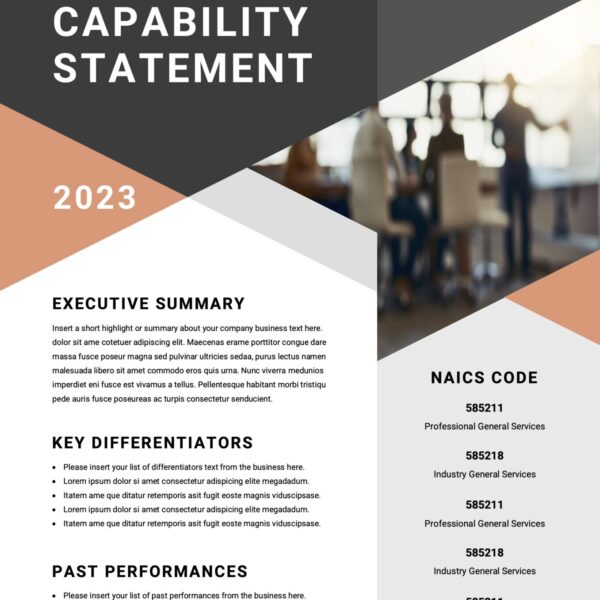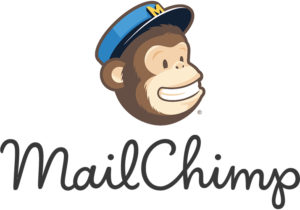 There’s an increased popularity and demand for new websites to be created on the WordPress platform. Traditionally websites are created based on HTML coding with some other goodies like CSS, JavaScript, and more added to the soup to create beautiful works of web art. There’s nothing wrong with HTML sites and they’re not fading away into what “used to be.”
There’s an increased popularity and demand for new websites to be created on the WordPress platform. Traditionally websites are created based on HTML coding with some other goodies like CSS, JavaScript, and more added to the soup to create beautiful works of web art. There’s nothing wrong with HTML sites and they’re not fading away into what “used to be.”
For users of WordPress, it’s the ease of use and functionality of the CMS (content management system). For bloggers, its been a great tool for creating an online presence and steady content for their websites. Well now we’re seeing more and more sites used in more ways than just blogging. For the main reason of WP’s CMS structure.
There are two versions really; the free version from WordPress.com or self hosted via the source code of WordPress.org. WordPress.com gives you a free website with limited theme and plugin options as a sub-domain of the parent site. So if you went this route you would have a website that could be mywebsite.wordpress.org. For most web hosts sub-domains are free so there’s no cost to pass on to you for this. However the main drawback I see is that whatever traffic you generate will only benefit the parent site being WordPress.com Now WordPress.org gives you the structure to build WP on your on hosting server that acts just like the .com site but better and with more options. You have more control over your server files, themes, plugins, source codes and more. You can also import your .com site over to your self hosted site. Drawback is that you have to either setup WP on your own, hope that your hosting company has an easy installation feature, or pay to get hosting, domain registration, and then WP installed.
So with that all explained, let me hone in on the WordPress.org options on why it could be more convenient than standard HTML. Content management is a huge plus here because it brings the complexity level down to a progressive internet user level. Another words, if you’re familiar with any word processing application, you can manage your website on your own with WordPress.
Benefits:
- Its almost totally free
- Setting up pages are a breeze.
- Adding pictures and videos in areas and places is rather simple too.
- Page names, descriptions, tags, and keywords are also done pretty well too for SEO purposes.
- The cost of editing your website content is down to your own sweat equity
- Incorporating or creating a blog can be setup and done in 5 minutes
- Hundreds of themes are available for free and more for a small price
- Themes are easy to install (when created right and include all necessary files)
- Multiple user access with control permissions
Disadvantages:
- Page layouts are redundant through a site
- Each theme has its own limitations that may not be shared in other themes
- Many free themes that are out have no support
- Bad themes can break your whole site
- Security is a continued issue with self hosted websites
- Most themes aren’t pre-populated when you purchase them, so you have to take time to truly learn the theme to edit it to your liking
- At some point you’ll need to learn PHP if you really want to edit your themes
- Many themes have a tendency to look very similar to others
- Comment spam can get out of control if you don’t act fast to control it
What kind of platform are you currently using for your website or blog? Do you like it? Anything you wish you could do that you feel you can’t? Let me know in the comments below as well as any pros and cons you think should be added to the list above.



Once again, an awesome post. However I would have to disagree with point 1 on the disadvantage list. There should be some redundancy to optimize for users (ie: position of the navigation menu). With WordPress, you can customize layout for a particular page category or post title as well as tags (I believe). While this is obviously not included in every theme, this is something that can be done.
We have found WordPress to be the simplest of platforms and more modern looking too. Security can be an issue, with Hostgator hosting the easy to use Cpanel and their customer service is excellent if hackers try to get in. It’s important to think ahead with your hosting options to save you lots of work later on…
Thanks for commenting! Yes I agree, security is not to be taken lightly. I am already working on a new post talking about security and backup options. Stay tuned!
Hi with regard to security on websites, I have been reading around this (having been hacked a year or so ago-thanks Hostgator for sorting the mess out). There’s a new (ish) software service I’ve just signed my website up for. It’s called http://www.secretcop.com.
I’ve signed up for a free account to monitor any malware attempts. I shall try and remember to update here to say how I got on. Thanks